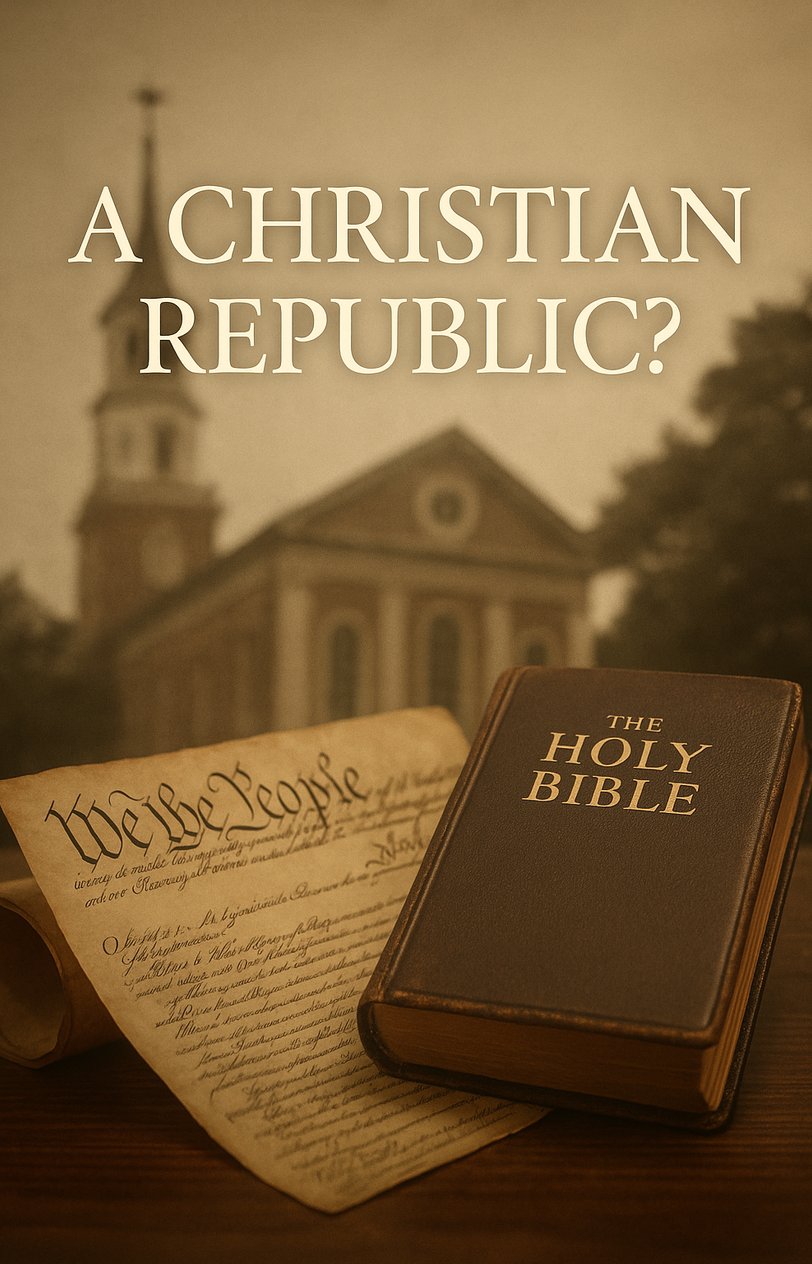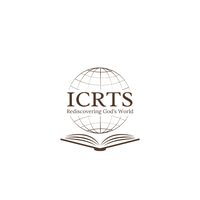A Christian Republic? Revisiting Jasper Adams and the Theological Foundations of American Government - A Short Reflection
Was America founded as a Christian nation? In this short post, we revisit Jasper Adams’ 1833 sermon asserting that Christianity is essential to sustaining American civil government. Drawing on both primary sources and modern scholarship, including Daniel Dreisbach and Mark David Hall, this blog explores the moral framework beneath the Constitution and invites readers to consider the enduring relevance of faith in public life. A thoughtful reflection for anyone interested in the intersection of theology, history, and national identity.
Alex R. Jaramillo, M.A.R., M.A.T.S
6/2/20253 min read


Introduction: A Sermon That Still Speaks
In 1833, Rev. Jasper Adams stood before the Protestant Episcopal Convention of South Carolina and delivered a sermon that would echo far beyond the walls of St. Michael’s Church. Entitled The Relation of Christianity to Civil Government in the United States, his message was not merely devotional, it was declarative. Adams asserted that the American Republic was not some secular experiment, but a polity sustained by Christian principles. Nearly two centuries later, this claim remains deeply relevant, especially for those concerned with the theological underpinnings of cultural and political life.
The Theological Framework of Republican Liberty
Adams argued that Christianity was essential to the health and endurance of American civil society. His concern was not merely cultural but institutional. While acknowledging the First Amendment’s prohibition of a national church, he believed that this did not imply hostility towards religion. Rather, he maintained that the constitution presupposed a moral order consistent with Christianity and that civil government was best upheld when its citizens were shaped by Christian moral values. In his words, “The general diffusion of Christianity among the people is essential to the preservation of our free institutions.”[1]
This assertion is striking, especially coming from an Episcopal clergyman speaking in the antebellum south, a region often associated with cultural conservatism yet religious diversity. Adams was not advocating for a theocracy. Instead, he believed that Christianity furnished the moral and philosophical architecture necessary for the kind of liberty that America championed. Without religion—specifically Christian religion—liberty would decay into immoral license, and democracy into deviant disorder. He quoted legal precedents and civic documents to reinforce his argument, citing state constitutions that explicitly acknowledged God and the Bible as moral foundations.[2]
Church and State: Debating the Soul of the Republic
Adams’ sermon represents a critical moment in what Daniel Dreisbach calls the “church-state debate of the early republic.”[3] Far from being a radical outlier, Adams voiced a mainstream concern: Could a republican government thrive, or even survive, without the ethical framework provided by religion? In an era grappling with rapid democratization, territorial expansion, and cultural change, many Americans turned to Christianity not only for personal salvation but for national cohesion.
Modern Challenges and Scholarly Recovery
Yet Adams’ position has not gone unchallenged. In modern academic circles, claims of a “Christian America” often invite skepticism, if not outright rejection. That’s what makes the work of scholars like Mark David Hall so important. In Did American Have a Christian Founding?, Hall revisits the intellectual climate of the Founding Era and finds compelling evidence that many American leaders saw Christianity as integral to public life. He writes, “It is a myth that the founders desired a secular state in the modern sense. Most believed that religion—particularly Christianity—was essential to the moral fabric of the Republic.”[4] Hall reinforces Adams’ thesis by placing it in the wider intellectual and political context, demonstrating that Christian ideas were not merely private beliefs but public commitments.
Faith in the Public Square: A Timely Reminder
For readers today, especially those engaged with cultural and theological interests, Adams’ sermon offers a timely challenge. It reminds us that early American Christians did not retreat from the public square, they shaped it. The American experiment, though pluralistic and imperfect, was not founded on moral relativism. Its architects debated, prayed, legislated, and preached within a worldview that assumed certain moral truths were self-evident, not because they were democratically agreed upon, but because they were divinely revealed.
This does not mean that the nation has always lived up to its ideals. The same era that produced Adams’ sermon also defended slavery, marginalized indigenous populations, and restricted religious freedoms in various ways. But precisely because of this moral dissonance, Christian engagement with civil government remains essential. History, when engaged honestly, does not erase tensions, it helps us to interpret them faithfully.
Conclusion: A Legacy Worth Reclaiming
At ICRTS, we contend that historical truth and theological integrity belong together. I’d like to think that Jasper Adams would’ve agreed. His sermon is more than an artifact; it’s a call to remember that Christian conviction has long shaped our national conscience. Whether we agree with all his conclusions or not, Adams challenges us to ask: Can freedom flourish without faith? And if not, what kind of faith sustains a truly just republic?
Endnotes:
[1] Jasper Adams, The Relation of Christianity to Civil Government in the United States: A Sermon Preached in St. Michael's Church, Charleston, February 13th, 1833 (Charleston: A.E. Miller, 1833), 11.
[2] Ibid., 18–21.
[3] Daniel L. Dreisbach, “Introduction: A Debate on Religion and Politics in the Early Republic,” in Religion and Politics in the Early Republic: Jasper Adams and the Church-State Debate, ed. Dreisbach (Lexington, KY: University Press of Kentucky, 1996), 4.
[4] Mark David Hall, Did America Have a Christian Founding? Separating Modern Myth from Historical Truth (Nashville: Thomas Nelson, 2019), 33.
